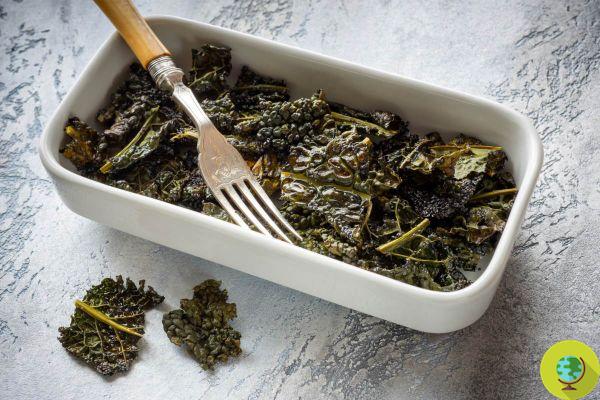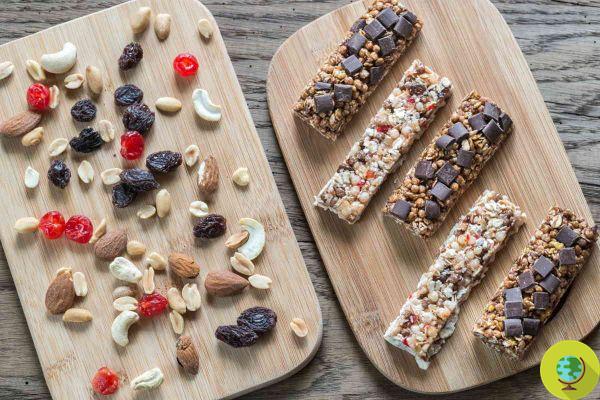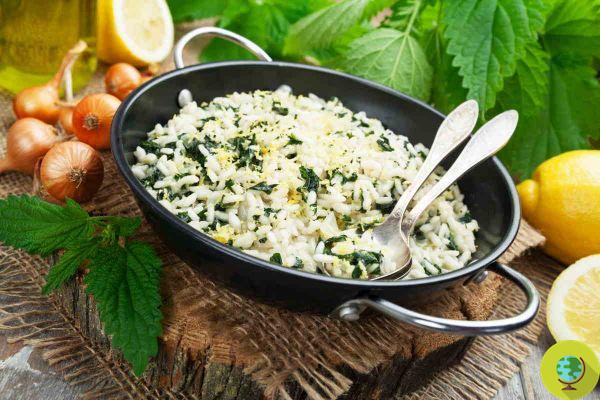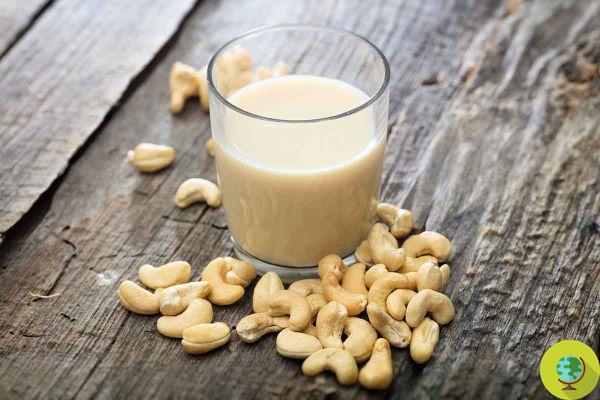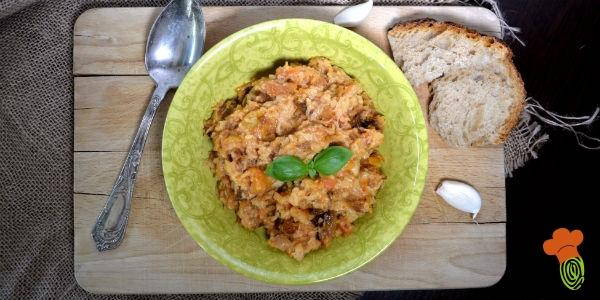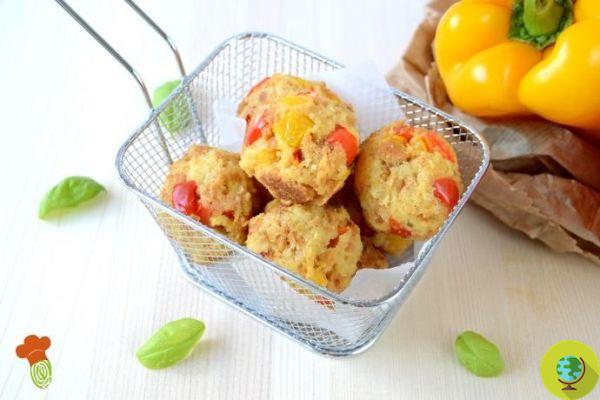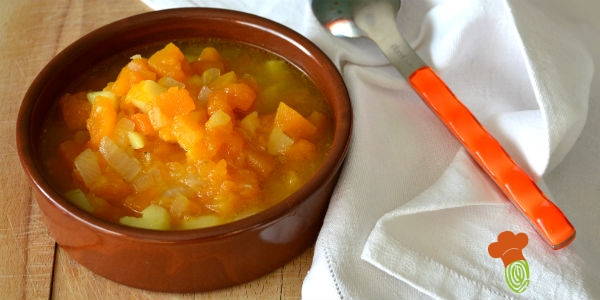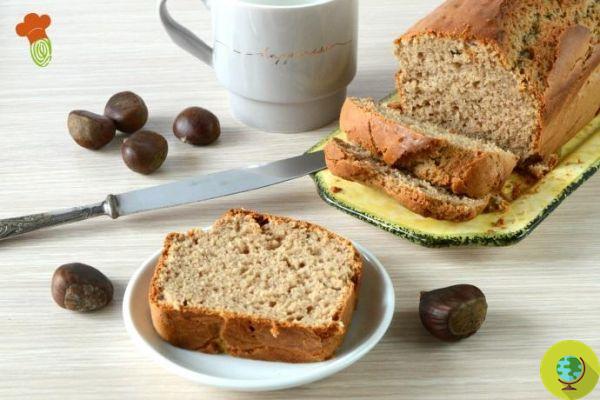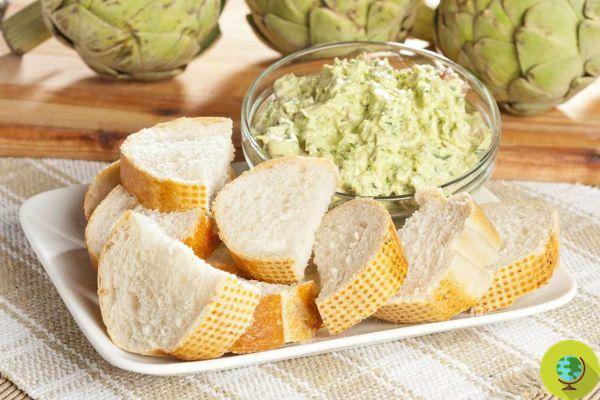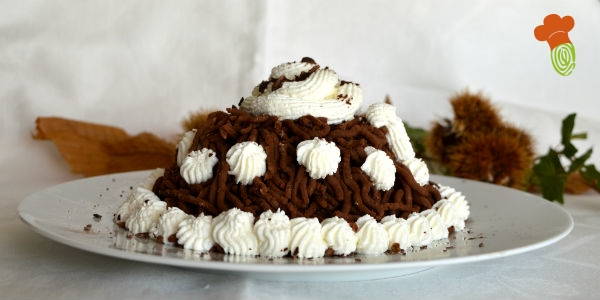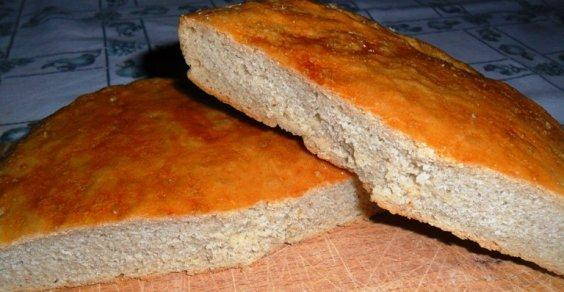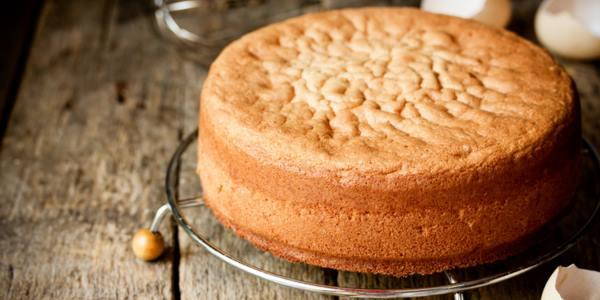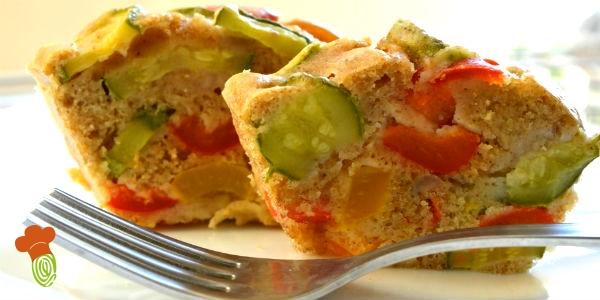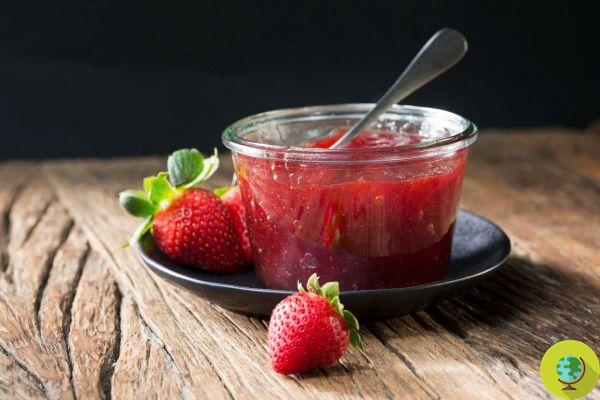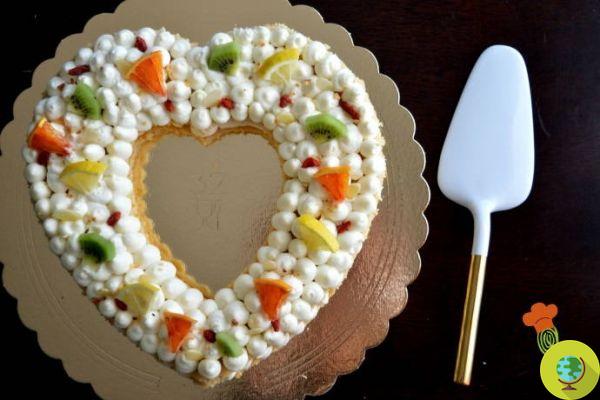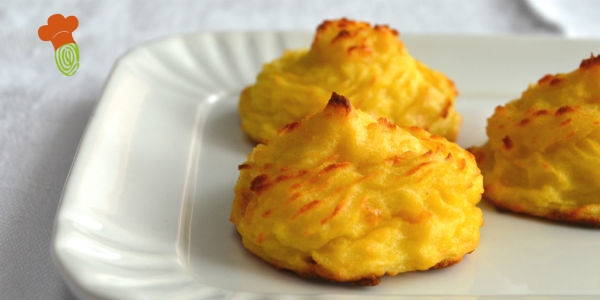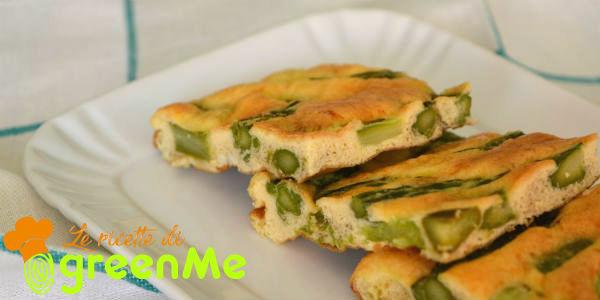Let's discover the origins and the recipe of the traditional Romanian 'sweet of the dead' called Colivă, to be absolutely tried
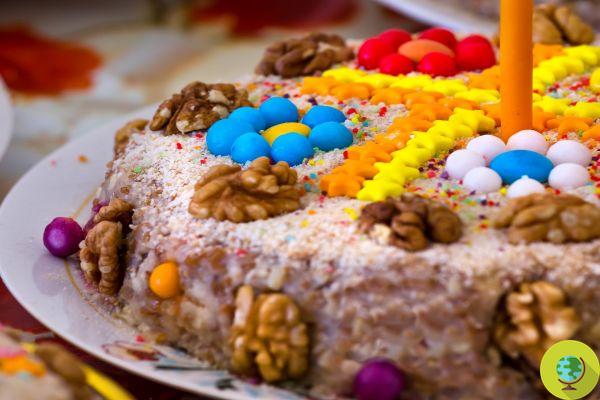
123rf/marugod83
Wheat and honey are some of the traditional ingredients of Colivă, a Romanian dessert with very ancient origins, traditionally prepared to honor deceased loved ones. On various occasions, including the "Saturday of the Dead", he is taken to church to be blessed.
It is no coincidence that the "funeral cake" is prepared with grains of wheat, as symbols of the resurrection of bodies. In fact, just as the grain of wheat must be buried in the earth and rot before sprouting and bearing fruit, in the same way the human body is buried before being resurrected.
The boiled grain therefore represents the body of the deceased and the Funeral cake it becomes a material expression of faith in the resurrection, but also a symbol of the Church, or of the community of Christians (many grains of wheat) united by the same faith in God. On the other hand, the honey with which it is sweetened represents the joy and sweetness of life eternal, which loved ones wish for the dead.
Cage: their origins
Colivă was probably born during the persecutions of Julian the Apostate who, according to what Doxologia reports, would have ordered the pouring of blood obtained from pagan sacrifices on all foods in the markets of Constantinople. He wanted to make fun of the Christians and prevent them from eating after the first week of Lenten fast.
Archbishop Eudossio of Constantinople, advised by the holy martyr Theodore, then told the faithful, to protect them, to feed only on boiled wheat and honey, ingredients that when mixed together gave rise to Colivă.
Cage: the recipe to prepare it
Nowadays Colivă is often revisited and enriched with new ingredients, even wheat is sometimes replaced by barley or rice. But the recipe we propose, from Retete bune si delicioase, is based on wheat, like the traditional one. To sweeten it, we recommend using whole cane sugar or honey.
ingredients:
- 2 liters of water
- 500 grams of wheat
- 300 grams of sugar (you can use whole cane sugar or honey)
- 300 grams of walnuts
- 4-5 cookies
- liquid lemon flavoring
- liquid orange flavoring
- spice liquid rhum
- a pinch of salt
- 2 tablespoons of cocoa powder
- 2 tablespoons of coconut powder
- sugary balls of various colors
Method
- Boil the water and add the salt. Wash the wheat well (tradition says to pass it 9 times in water) until the water is clear and pour it into the pot. Let it cook for about 40-45 minutes, stirring often to prevent it from sticking, until it has absorbed all the water.
- At this point add the brown sugar and leave on the fire for another ten minutes.
- Pour the walnuts into a pan and leave them for a few minutes on the stove. Then pour them into a mixer and chop them, not too fine. Also chop the cookies.
- Turn off the heat, cover the pan with a rag and leave the mixture to rest for at least 3-4 hours.
- Once cooled, pour the wheat into a bowl and add the chopped walnuts and the various essences, mixing the mixture with your hands.
- Pour the mixture onto a plate and shape it, then add the biscuit and coconut powder. To follow the tradition, the cake should be decorated with a cross that can be made using cocoa powder. Finally add the colored sugar balls.
Follow us on Telegram | Instagram | Facebook | TikTok | Youtube
SOURCES: Doxology / News Channel D
Read also:
- Eggplant salad: the Romanian recipe for the delicious aubergine 'salad'
- Oriental salad: the Romanian recipe for potato salad






